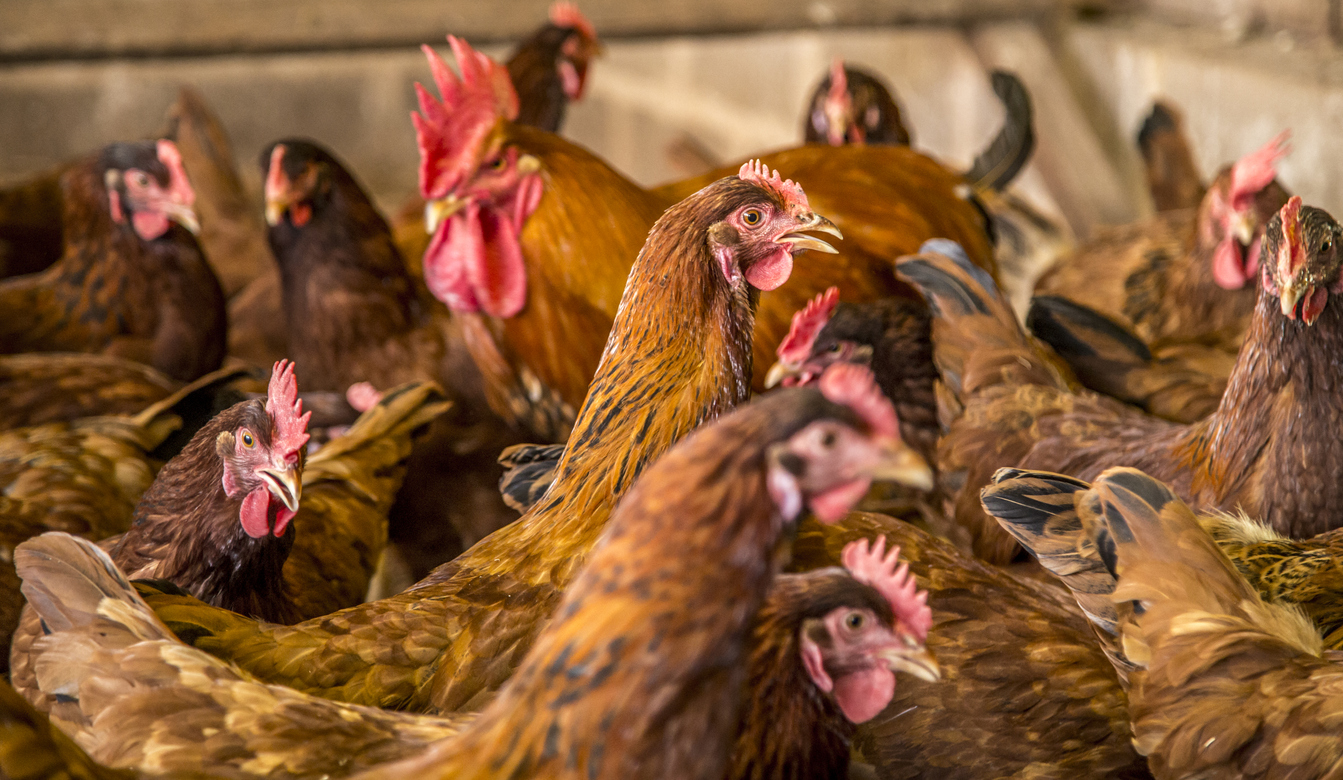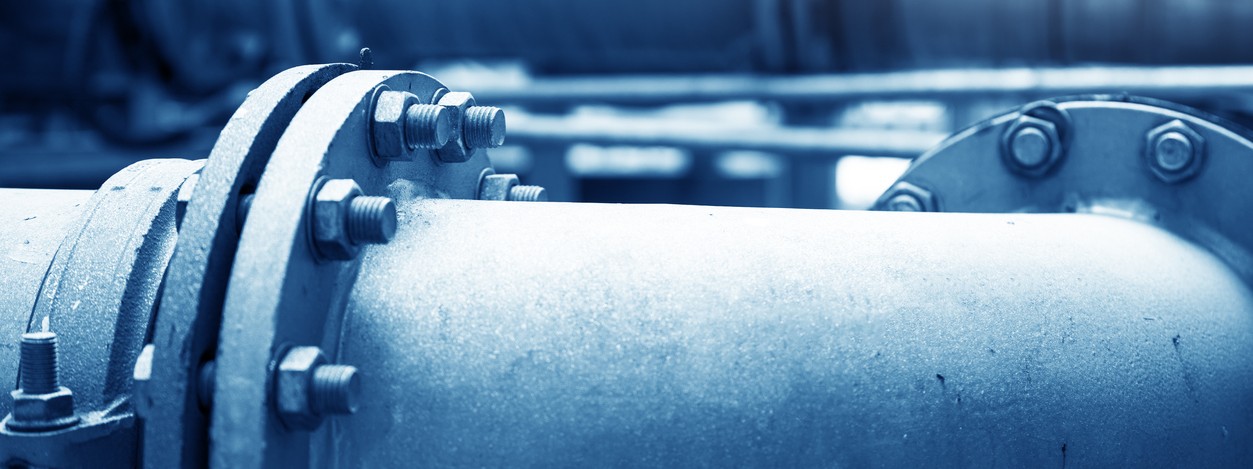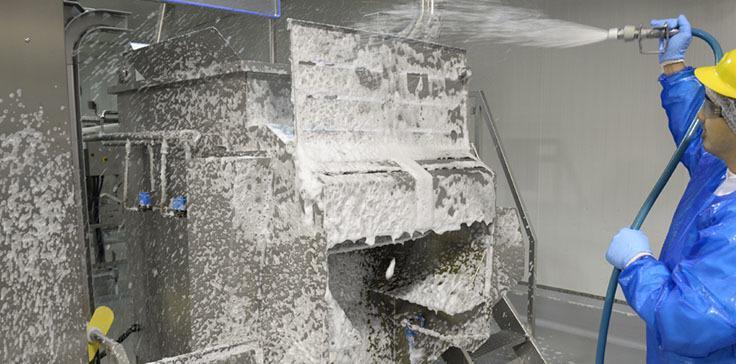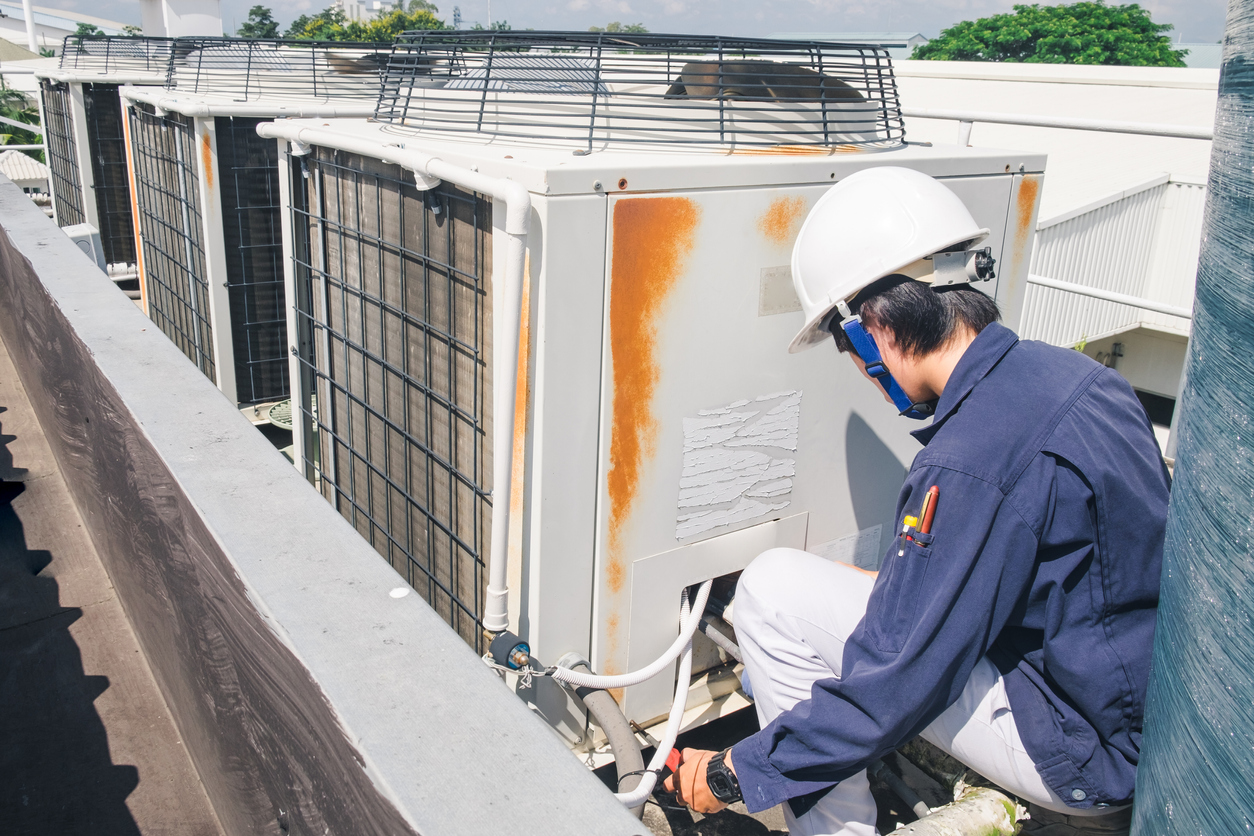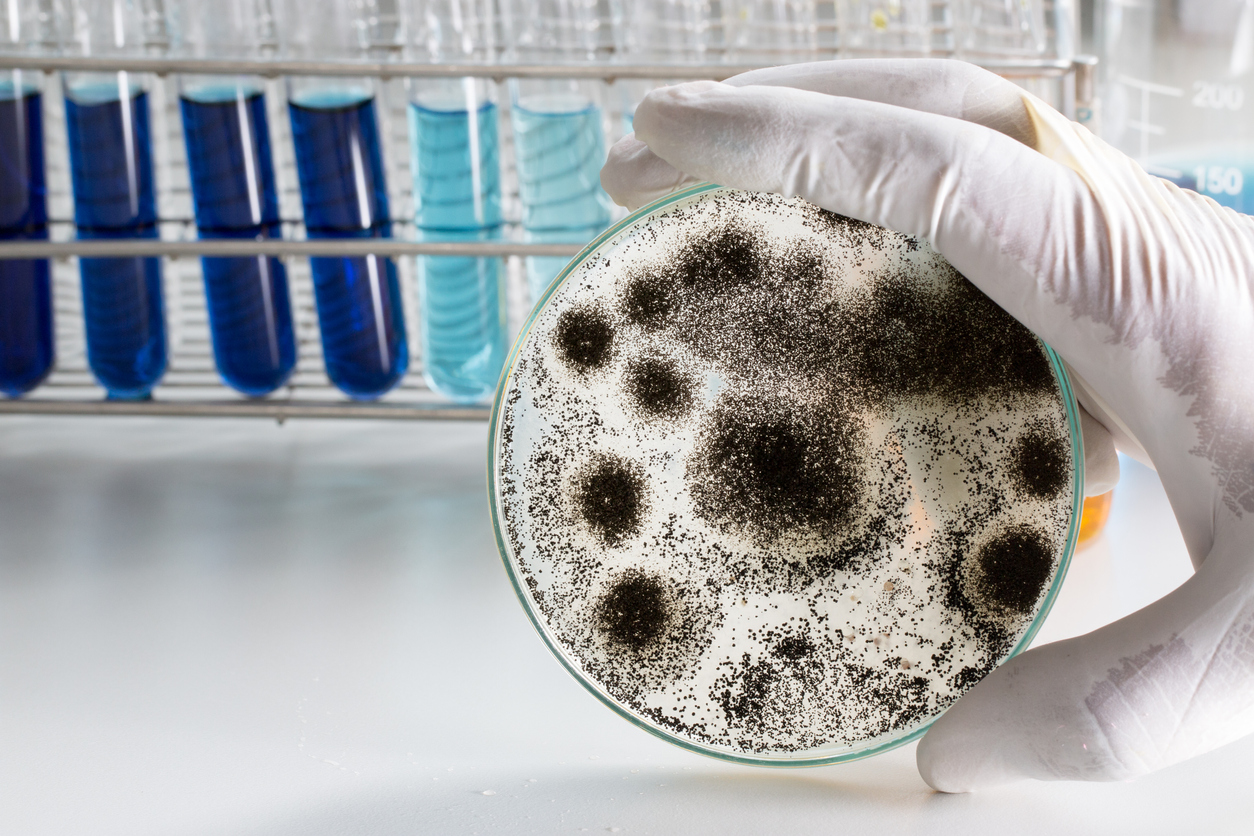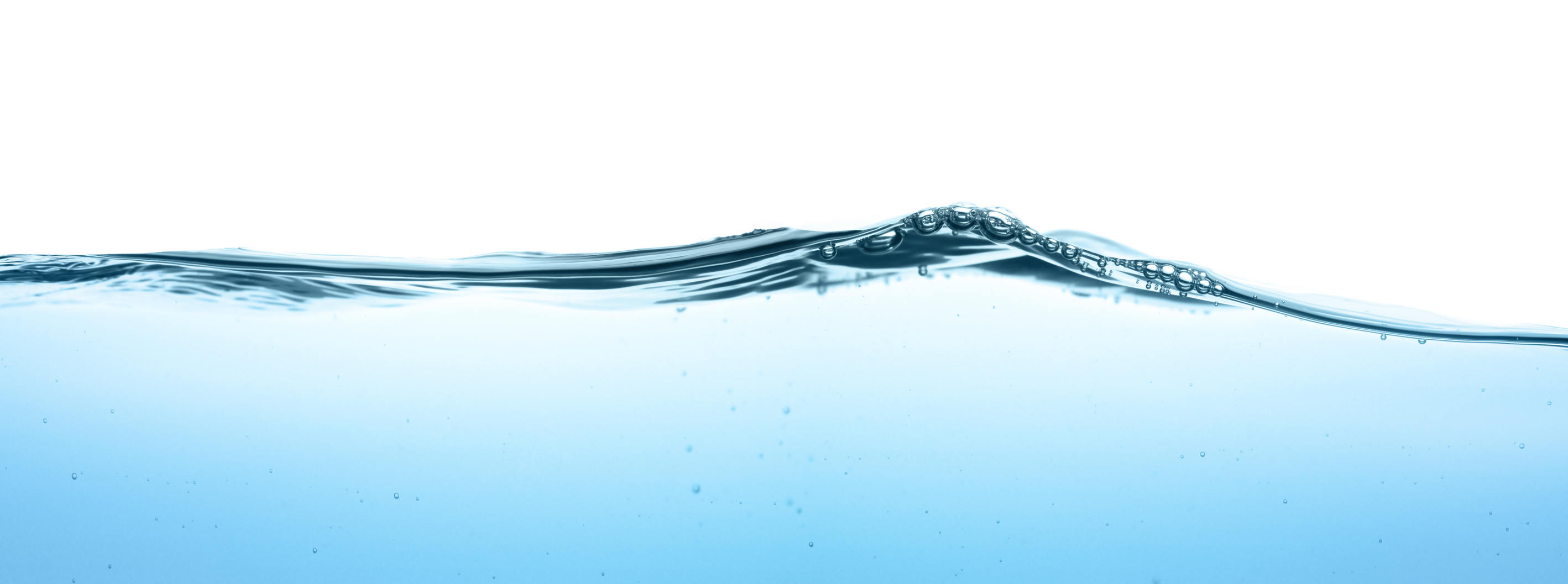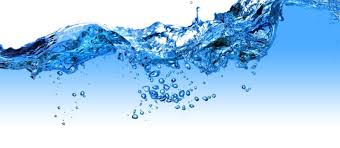Red Meat
Water Treatment and Hygiene Solutions for the Red Meat Industry
The red meat industry is a significant consumer of water. Water is used for a variety of purposes, including:
- Cleaning and sanitizing equipment and facilities
- Processing meat
- Cooling meat
- Transporting meat
It is important to ensure that the water used in the red meat industry is clean and free of contaminants. Contaminated water can lead to foodborne illness, which can have a serious impact on public health.
There are a number of water treatment and hygiene solutions that can be used in the red meat industry to ensure the safety of water. These solutions include:
- Physical filtration: This involves removing contaminants from water by passing it through a filter. Filters can remove a variety of contaminants, including bacteria, viruses, and parasites.
- Chemical treatment: This involves adding chemicals to water to kill or inactivate contaminants. Chemicals that are commonly used for water treatment in the red meat industry include chlorine, chloramine, and ozone.
- Ultraviolet (UV) disinfection: This involves exposing water to ultraviolet light, which kills microorganisms. UV disinfection is a very effective way to kill bacteria, viruses, and parasites.
In addition to water treatment, it is also important to implement good hygiene practices in the red meat industry. This includes:
- Regularly cleaning and sanitizing equipment and facilities
- Wearing personal protective equipment (PPE)
- Washing hands frequently
- Practicing good food safety procedures
By implementing water treatment and hygiene solutions, the red meat industry can help to ensure the safety of water and prevent foodborne illness.
Benefits of Water Treatment and Hygiene Solutions in the Red Meat Industry
There are a number of benefits to using water treatment and hygiene solutions in the red meat industry. These benefits include:
- Increased food safety: By removing contaminants from water, water treatment can help to prevent foodborne illness.
- Reduced costs: Water treatment can help to reduce the cost of water by making it last longer.
- Improved efficiency: Water treatment can help to improve the efficiency of operations by reducing the amount of time and energy that is required to clean and sanitize equipment and facilities.
- Enhanced compliance: By using water treatment and hygiene solutions, businesses can help to ensure that they are in compliance with food safety regulations.
- Improved public image: By taking steps to ensure the safety of water, businesses can improve their public image and gain the trust of consumers.
Conclusion
Water treatment and hygiene solutions are essential for the red meat industry. By using these solutions, businesses can help to ensure the safety of water and prevent foodborne illness. This can lead to a number of benefits, including increased food safety, reduced costs, improved efficiency, enhanced compliance, and improved public image.


